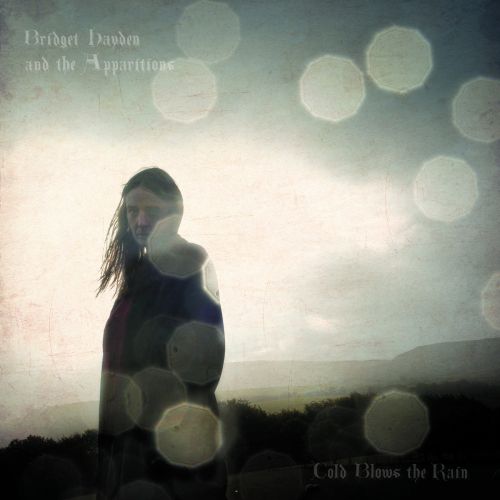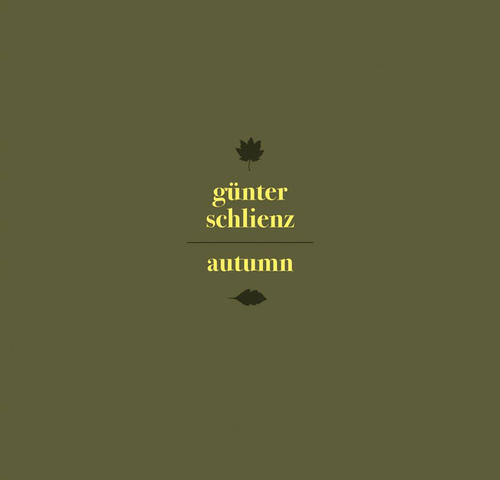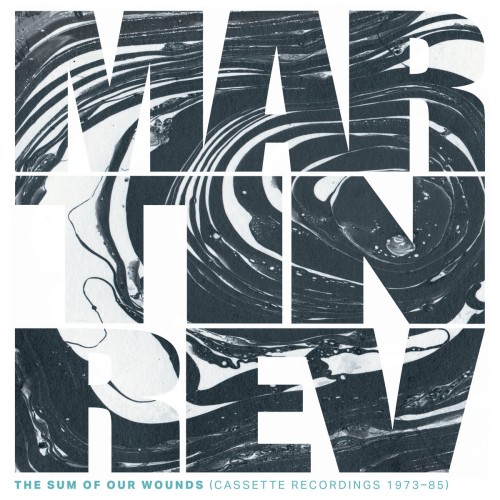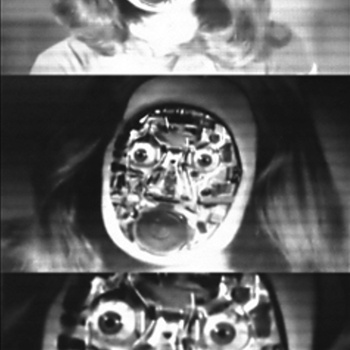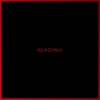 Berlin loves airports. Or it loved airports. Mm, I think on reflection it probably still does love airports, even if it no longer has quite as many as it used to. From the über-Zentral elegance of the now-decommissioned Tempelhof (once amongst the 20 largest buildings on Earth and key locus of the incredible 1948 Berlin airlift), to the international gateway of Tegel, the airy spaciousness of Brandenberg’s Schönefeld and the RAF base at Gatow (putative focal point of Operation CENTRE, East Germany’s plans for the invasion of West Berlin) it really does have the lot. And whilst it’s true that here in the UK we had Lorraine Chase and Luton Airport (mine’s a Campari please…), neither quite had the world-historic cachet of Berlin’s mighty Flughäfen.
Berlin loves airports. Or it loved airports. Mm, I think on reflection it probably still does love airports, even if it no longer has quite as many as it used to. From the über-Zentral elegance of the now-decommissioned Tempelhof (once amongst the 20 largest buildings on Earth and key locus of the incredible 1948 Berlin airlift), to the international gateway of Tegel, the airy spaciousness of Brandenberg’s Schönefeld and the RAF base at Gatow (putative focal point of Operation CENTRE, East Germany’s plans for the invasion of West Berlin) it really does have the lot. And whilst it’s true that here in the UK we had Lorraine Chase and Luton Airport (mine’s a Campari please…), neither quite had the world-historic cachet of Berlin’s mighty Flughäfen.
“THF” (Tempelhof) is a bass-driven groove with shuffling drums and bubbling synth lines, whilst “SXF” (Schönefeld) gilds its trance-like lily with some moody E-bow stylings and “TXF” (Tegel) is like Chicory Tip’s “Son of my Father” would be if Giorgio Moroder had been pissed in a bar in Kreuzberg when he wrote it. And that, my friends, I am confident that we would all like to have seen. “GWW” (Gatow) is a moody, dubby affair whose distant metallic beats conjure the spirit of Jah Wobble and his Albatross. Not to be confused with Peter Green’s Albatross. Good Heavens no. Das wäre nur komplette Wahnsinn.
Best of all, though, are the three vocal tracks, each featuring a leftfield lunatic completely outstanding in their field. Dub-dance number “The Streets” features the incomparable Lydia Lunch, here growling her way through the snaking channels like Eartha Kitt in heat until the beautiful delayed signal ending. “Mount Tamalpais” (a peak in California’s Marin County, and site where the wonderful Cookie Mueller [Walking Through Clear Water in a Pool Painted Black, MIT Press, 1990] viewed some Satanic LaVey-facilitated shenanigans) is perhaps the album’s true highlight, its compelling central narrative delivered with masterfully downplayed intensity by Genesis Breyer P-Orridge. S/he hasn’t sounded so good since asking for your soiled panties for the biscuit tin on “Persuasion.” Penultimate track “Am Schlachtensee” (a beautiful lake which nestles on the south-western rim of Berlin) features the mellifluous tones of the aforementioned Herr Bargeld, now older, smilier, and no longer wearing a wetsuit. Here he is barely even breaking out of second gear but, really, I could quite happily sit and listen to him reading out the Pankow telephone directory all day.This one’s for listening to after dark. Or driving in the car. Or perhaps driving in the dark in the car. You might dance to it. Or even ingest some 3,4-methylenedioxy-N-methylamphetamine to it (this remains the suggestion of the author only, it is not a position officially endorsed by Freq; other mood enhancing substances are available).
And get yourself down to a Flughäfen as soon as you can. Tell them I sent you.
-David Solomons-
